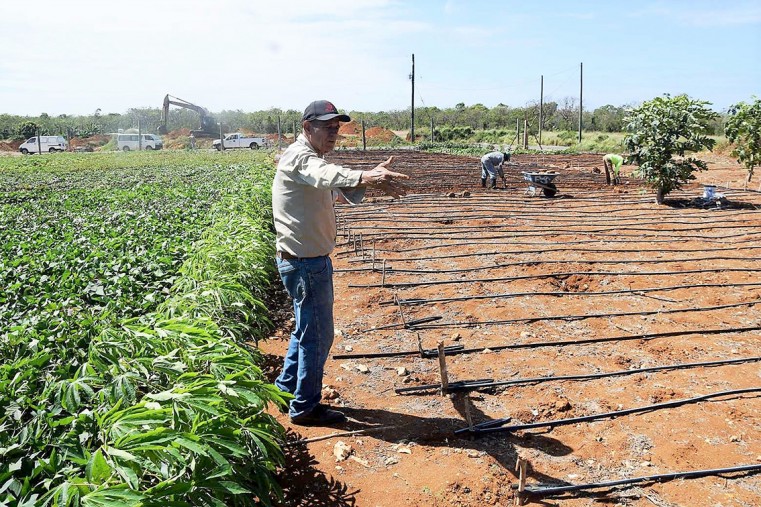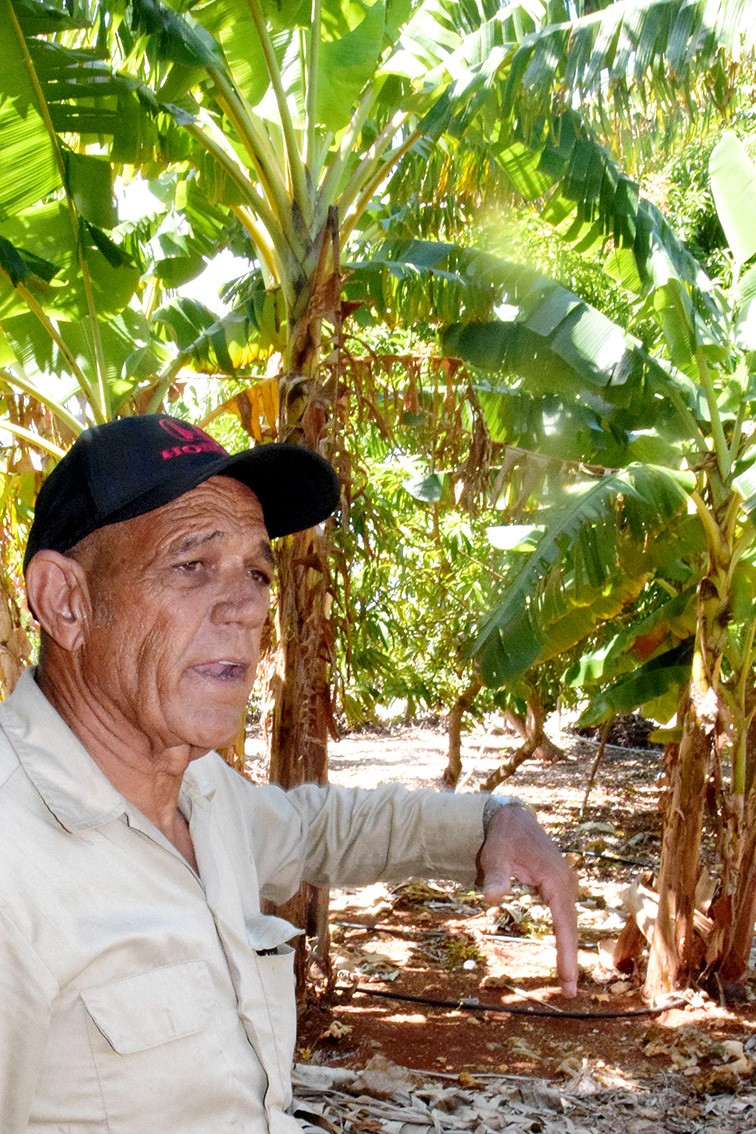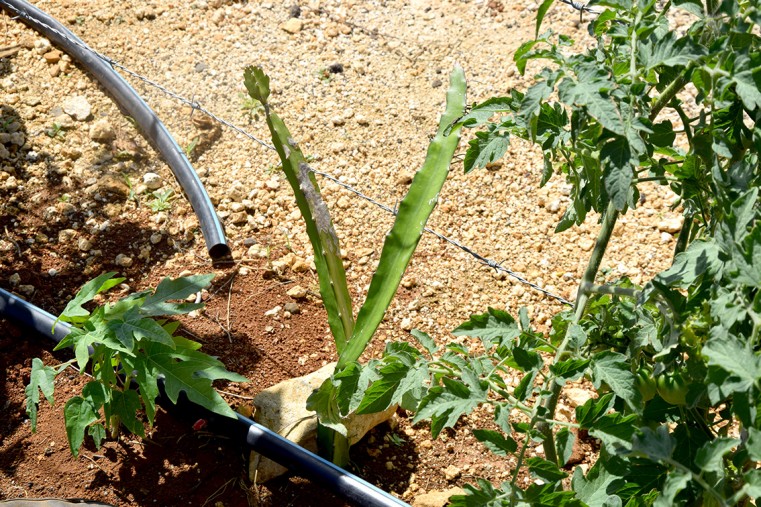- Job Market
- Upload Ad Requests
- Rates
- Home
- Video
- About Us
- Contact Us
- Business Showcase
- Archives
- Blogs
- Upload Advertisements
- Video News Release
- Front Pages
- Community Notices
- Law Enforcement
- Government
- Community Voice
- Health Care
- International
- Sports
- Politics
- Community
- Entertainment
- Advertorial 2
- Non-Profit Organisation(NPO)
- Adopt a Pet
- Tourism
- CIIPO
- Taste of Class
- Opinions & Editorial
- Environment
- Outstanding Employee
- Outstanding Performance
- Celebration
- Gardening
- Beneficial Ownership
- Tips and tricks
- Cover Stories
- Cost of Living
- Development
- Employment
- Education
- Arts and Culture
- Business
- Global News Briefs
- Hurricane Watch
- Breaking News
- Regional
- Public Notices
- Local News
- Lifestyle
- Finance
- Economic
- Election Center
- COVID - 19
- UK Territories
- Advertorial
- History
- Inspiration
- The Panel
- The Interview
- Cayman Conversation
- Community Notices
- Law Enforcement
- Government
- Health Care
- Sports
- Election Center
- Cayman Conversation
- More
- Front Pages
- Community Notices
- Law Enforcement
- Government
- Community Voice
- Health Care
- International
- Sports
- Politics
- Community
- Entertainment
- Advertorial 2
- Non-Profit Organisation(NPO)
- Adopt a Pet
- Tourism
- CIIPO
- Taste of Class
- Opinions & Editorial
- Environment
- Outstanding Employee
- Outstanding Performance
- Celebration
- Gardening
- Beneficial Ownership
- Tips and tricks
- Cover Stories
- Cost of Living
- Development
- Employment
- Education
- Arts and Culture
- Business
- Global News Briefs
- Hurricane Watch
- Breaking News
- Regional
- Public Notices
- Local News
- Lifestyle
- Finance
- Economic
- Election Center
- COVID - 19
- UK Territories
- Advertorial
- History
- Inspiration
- The Panel
- The Interview
- Cayman Conversation
Subscribe
2019 Top Stories: East End’s sweet potato king
2019 Top Stories: East End’s sweet potato king

2019 Top Stories: East End’s sweet potato king

2019 Top Stories: East End’s sweet potato king
2019 Top Stories: East End’s sweet potato king
2019 Top Stories: East End’s sweet potato king
2019 Top Stories: East End’s sweet potato king
2019 Top Stories: East End’s sweet potato king
2019 Top Stories: East End’s sweet potato king
2019 Top Stories: East End’s sweet potato king
2019 Top Stories: East End’s sweet potato king

By Christopher Tobutt
Franklin Smith farms a total of around 80 acres in East End. He has cultivated, fed, and nurtured the soil, year after year. “I am not ashamed of farming. I originally trained as a chef. But I gave up cooking for farming, because it is something I grew up with. My Grandfather and father farmed and I am walking in their footsteps,” he said.
Mr. Smith is particularly proud of his massive crop of sweet potatoes: “By March 15 we’ll have ten thousand holes of sweet potato planted. Yes sir, ten thousand. There is no other person who has ever planted that amount I’m expecting a return of ten pounds of sweet potato. In April, I am expecting 100,000 pounds of sweet potato,” he said.
Mr. Smith sells to the local supermarkets, competing with sweet potatoes brought in from overseas, which aren’t so fresh, he says. He has a pump that pumps water from an underground lens and from there over many miles of black pipes laid in long, parallel lines, bringing water right to the root of each plant. “In 1983 when I started this farm, this system was developed in Israel it’s the Israeli micro-jet System,” he said. “The pump is only pumping ten gallons per minute so it doesn’t allow pull the well down, but you’ve got all the water you want, pumping 24 hours a day.”
One thing Mr. Smith would love to see is more use being made of the brown Sargasso seaweed that washes ashore, sometimes making piles many feet tall, and can be used as fertilizer. He feels very strongly about the importance of using it, because he knows about the benefits first-hand: “I have put sixty loads in here over the years,” he said, pointing to a field that has rich, red sandy soil, and was full of young healthy sweet potato plants, and cassava around the outside. “How else do you think I could get this land so level and so good? I put it below the soil, and then put the red soil here on top. The sand comes in with the seaweed, and If you notice the texture its got sand and soil mixed together, so the root system is able to travel much faster and grow larger fruit,” Mr. Smith said, adding that he would very much like the government to make the seaweed available to farmers, because it is so good for the soil.
Mr. Smith likes to do what a lot of Caymanian farmers have learnt, to use the edges of fields to grow a variety of things, some of which are just for his own use. At the side of his field of sweet potatoes and cassava, there is a tall trellis made of sturdy posts and traversed with rows of barbed wire with a number of different young plants waiting to be trained to grow up it, including some tomatoes, passion fruit, and a couple of small dragon fruit plants. There is another fruit-bearing plant in the cactus family which Mr. Smith is not sure of the exact name of, but which can often be found growing over the highlands in East End. “I call it the vine pear. It looks like dragon fruit. Birds they eat it like crazy – it’s sweet like honey,” he said.
Nearly four decades of commercial growing in the Cayman Islands means that Mr. Smith has learned a few tips and tricks to make the most of Cayman’s climate and soil. He digs earth over the runners from his pumpkin: “The reason is that the roots will get down in the moisture; they grow much bigger and much better. If the quality of your pumpkin is good, then you can take a piece of this off and put it somewhere else and as long as you’ve got good water running to it, it will bear real fast,” he said.
“Mangoes are my biggest crop. In the whole Island there has got to be, I’d say, fifty or sixty percent of the island farmers and homeowners have gotten trees from me since 1980, when I introduced top quality mangos to this island. They are all over Grand Cayman I am happy to know that I have left my legacy in the Cayman Islands in Agriculture,” Mr. Smith said.
Online Poll
Independent or Party: Independents top the Category with 23 Candidates. Select your preference
Popular News
Mexico beat Cayman 20-10 in ‘Big Match X’ Rugby
05 Jun, 2024
CIOC announces team for Paris 2024
11 Jul, 2024
















Comments (0)
We appreciate your feedback. You can comment here with your pseudonym or real name. You can leave a comment with or without entering an email address. All comments will be reviewed before they are published.